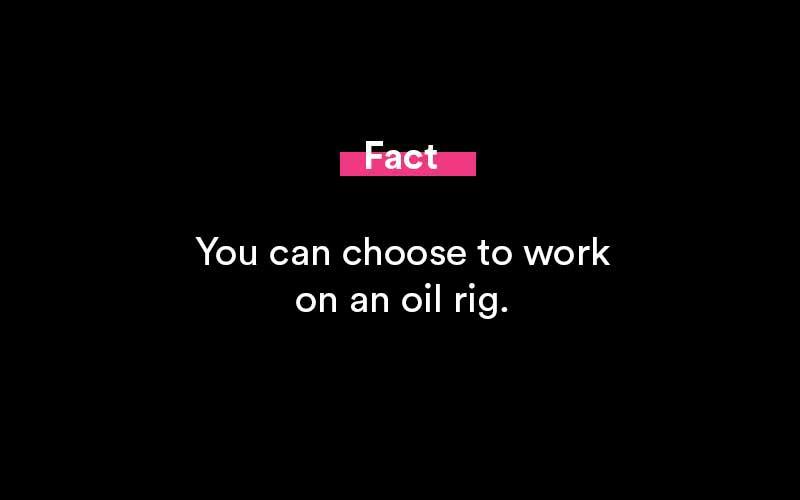What Do Basic Industries Jobs Pay?
Basic industries aren’t simple. However, they are high paying. Resources and raw ingredients are always in high demand, so jobs in the basic industries don’t tend to shrink. The most lucrative basic industries jobs are in the oil, gas, and petroleum sectors. Listed below are some examples of these industries. All of them offer plenty of opportunity for advancement. Here’s how to choose a job in any one of these sectors.
High-paying jobs in the manufacturing sector
Historically, jobs in the manufacturing sector have been viewed as dead-end, dirty, and boring, but today there are many rewarding career paths to choose. And they don’t require a college degree. In fact, manufacturing jobs pay as much as 32 percent more than those in the rest of the economy. This is a welcome change for people who think manufacturing is an outdated and dirty sector. And it also doesn’t require a college degree, which is good news for the average American.
One of the most well-paying jobs in the manufacturing sector is as a Manufacturing Manager. These individuals oversee day-to-day operations of manufacturing facilities and coordinate activities used to create goods. As of 2020, Manufacturing Managers earned a median salary of $108,790. They typically require a bachelor’s degree and several years of experience in the field. However, their salaries are higher than those in the general labor sector.
In addition to gaining a livable salary, manufacturing jobs also provide good benefits. IT managers make approximately 16% more than the national median, while operations and human resources managers make around 5% more. These jobs are rewarding and offer great opportunities for growth. The average salary in the manufacturing sector in 2017 was $62,900, which was higher than the average wage in the state. If you’re interested in a manufacturing career, you should start by exploring all of your options. Here are 21 high-paying jobs in the manufacturing sector.
Low-paying jobs in the service sector
The basic industries are the major sectors of the economy. These sectors provide raw materials for other sectors to function. Some of the most common industries in the basic industries include agriculture, mining, and wood and pulp. Other industries that contribute to the GDP include the service sector. In the United States, the basic industries provide more than half of all jobs in the economy. There are many different types of jobs in the basic industries.
While low-paying jobs in the service sector in Wisconsin are not great opportunities for young people, they are better than no jobs at all. These growing industries compete in global markets and provide employment for working families. However, the proliferation of low-wage jobs in the basic industries raises concerns among trade experts, including Prestowitz, who negotiated international trade deals during the Reagan administration. In other words, low-paying service jobs are not the only problem facing the economy today.
Low-wage workers are disproportionately represented in the service sector, including low-wage sales and retail trade. As a result, these workers tend to be union-less than their higher-wage counterparts. Only 5.7 percent of low-wage workers belong to a union. Meanwhile, 22.7 percent of high-wage workers belong to a union. That means that 14.5 percent of the workforce is in a union.
Opportunities for advancement
If you’re considering a career in one of the basic industries, the job market is generally strong, and opportunities for advancement are common. These careers usually come with good pay packages, stable employment, and are not as affected by economic downturns. Plus, they’re crucial to the health and well-being of our society. However, there are some downsides to basic industries careers, as well. Keep in mind that some basic industries careers pay more than others.
While the basic industries industry is a big employer in the U.S., there are numerous opportunities for advancement. Those with the right skills and attitude can move up quickly in these positions, and even higher as they progress. Basic industries positions pay well, and the work is varied and interesting. You’ll never get bored! Here are some tips for job seekers who’d like to get into this industry:
The basic industries sector involves jobs in creating goods and services needed by people all over the world. This includes industries such as mining, fishing, and manufacturing. Basic industries jobs can be low-paying, but many people enjoy working with their hands and solving problems. However, if you don’t enjoy working with your hands and would rather spend your time creating something artistic, a career in these industries might not be for you.
